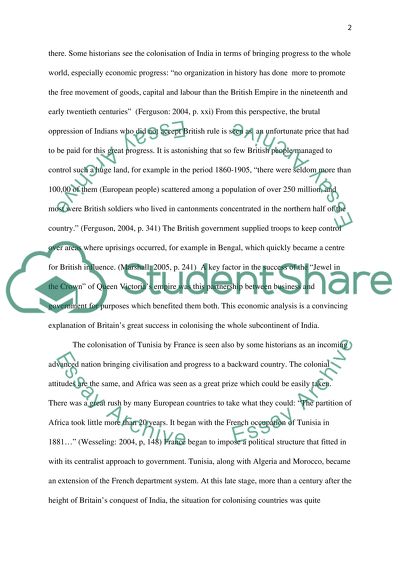Cite this document
(“Compare and contrast two explanations of late-nineteenth century Essay”, n.d.)
Retrieved from https://studentshare.org/environmental-studies/1406060-compare-and-contrast-two-explanations-of-late
Retrieved from https://studentshare.org/environmental-studies/1406060-compare-and-contrast-two-explanations-of-late
(Compare and Contrast Two Explanations of Late-Nineteenth Century Essay)
https://studentshare.org/environmental-studies/1406060-compare-and-contrast-two-explanations-of-late.
https://studentshare.org/environmental-studies/1406060-compare-and-contrast-two-explanations-of-late.
“Compare and Contrast Two Explanations of Late-Nineteenth Century Essay”, n.d. https://studentshare.org/environmental-studies/1406060-compare-and-contrast-two-explanations-of-late.


